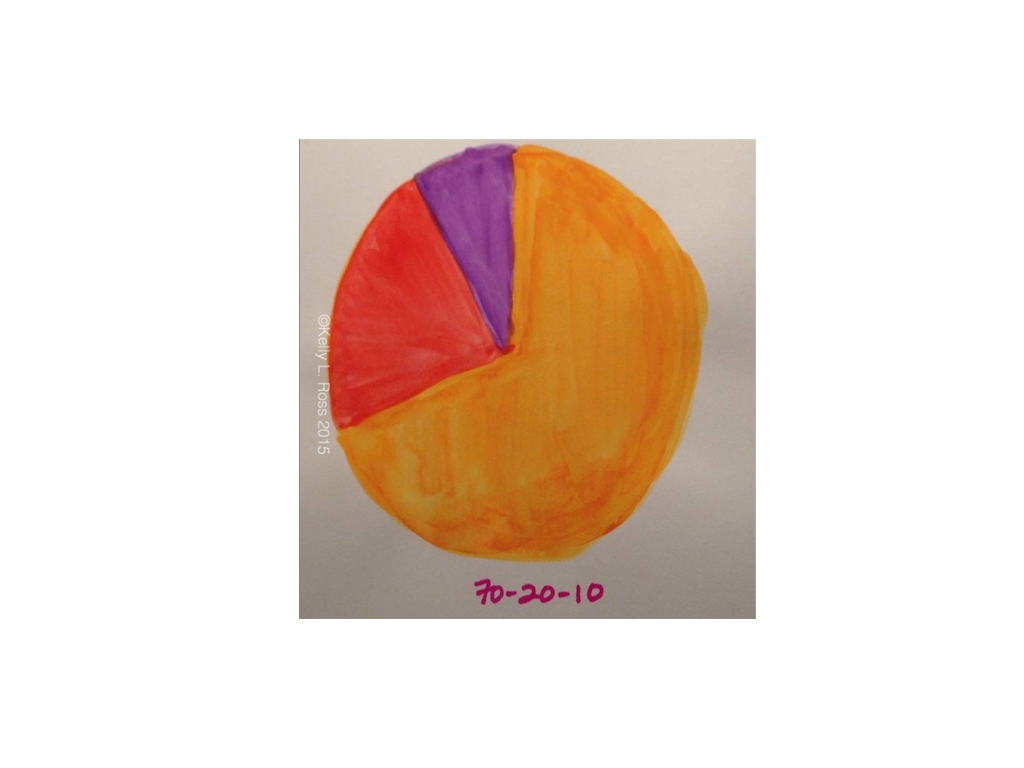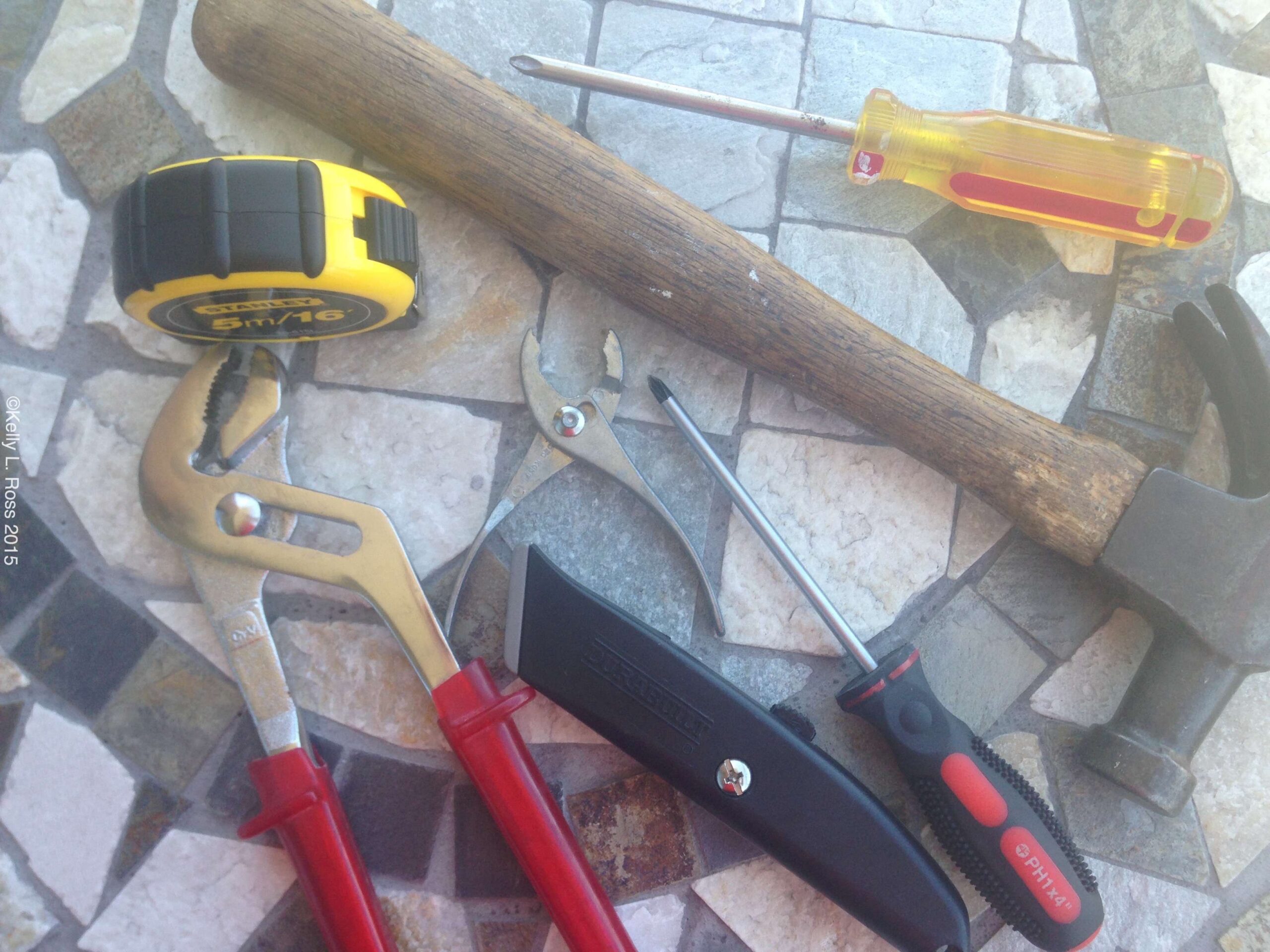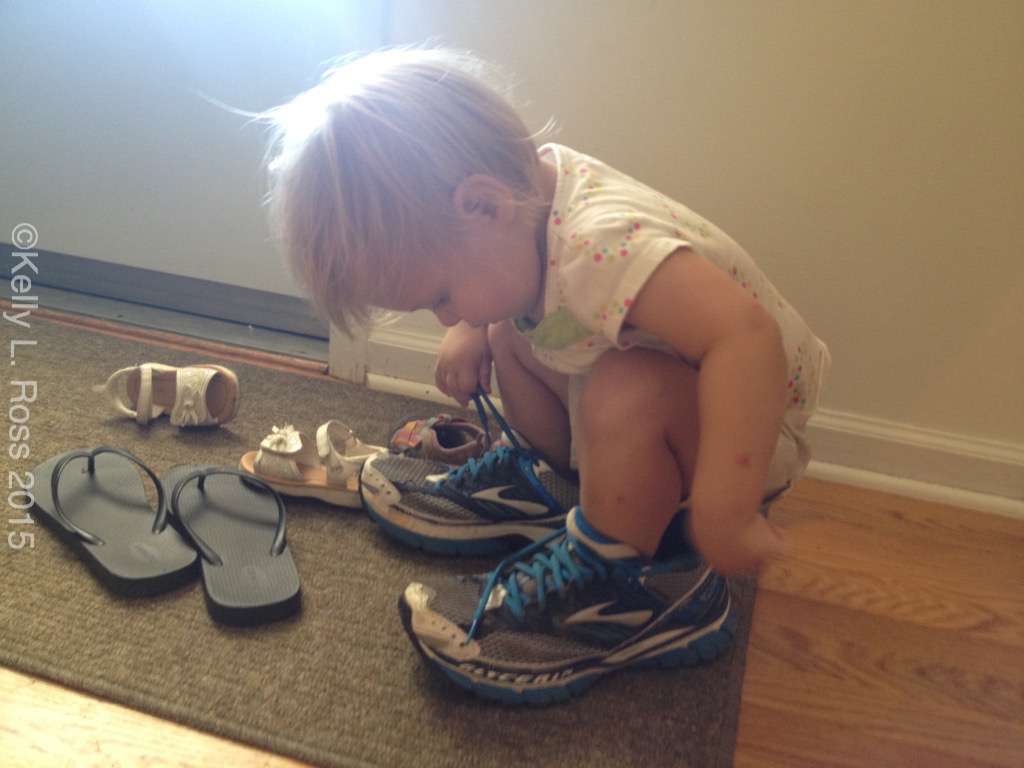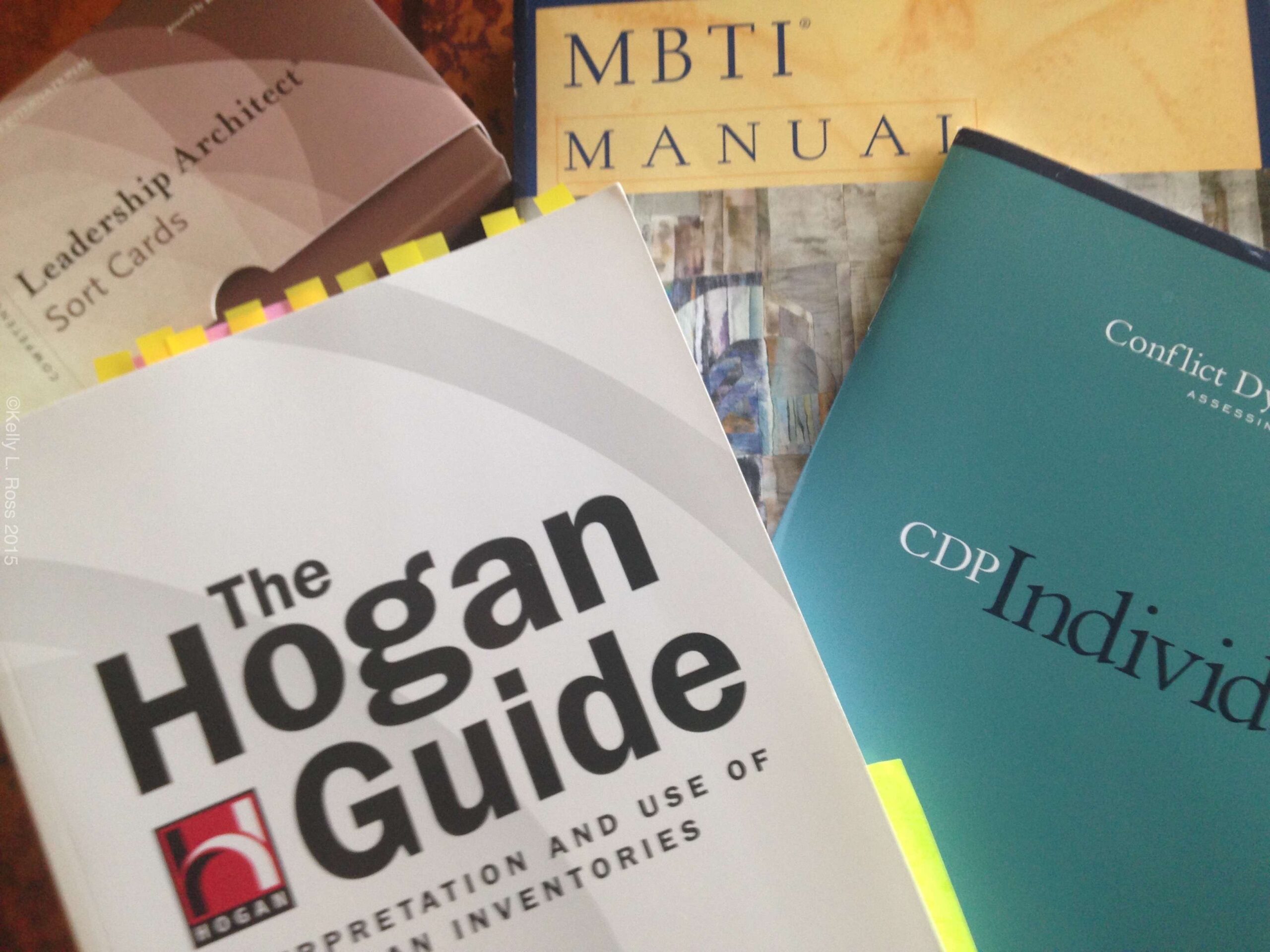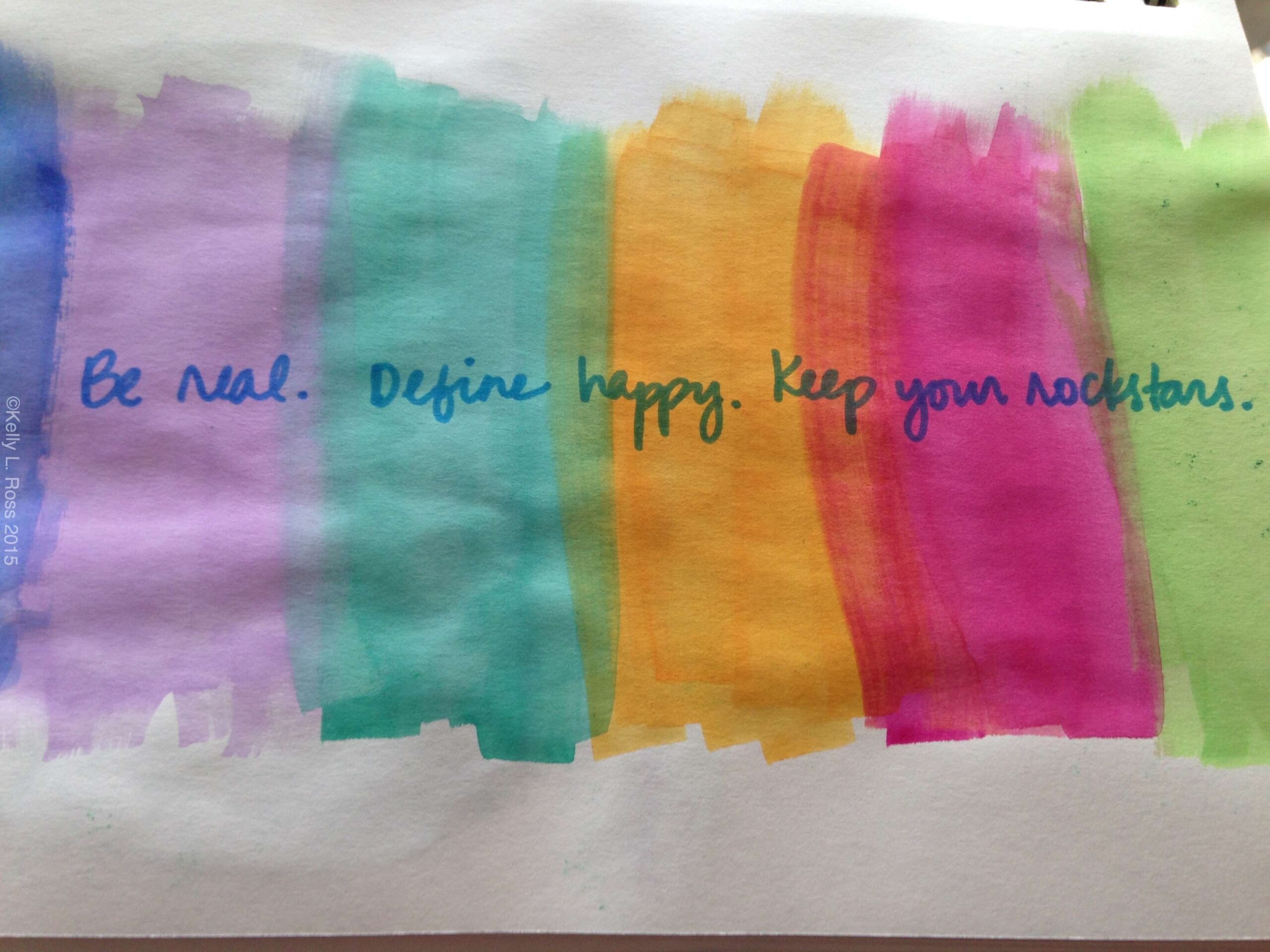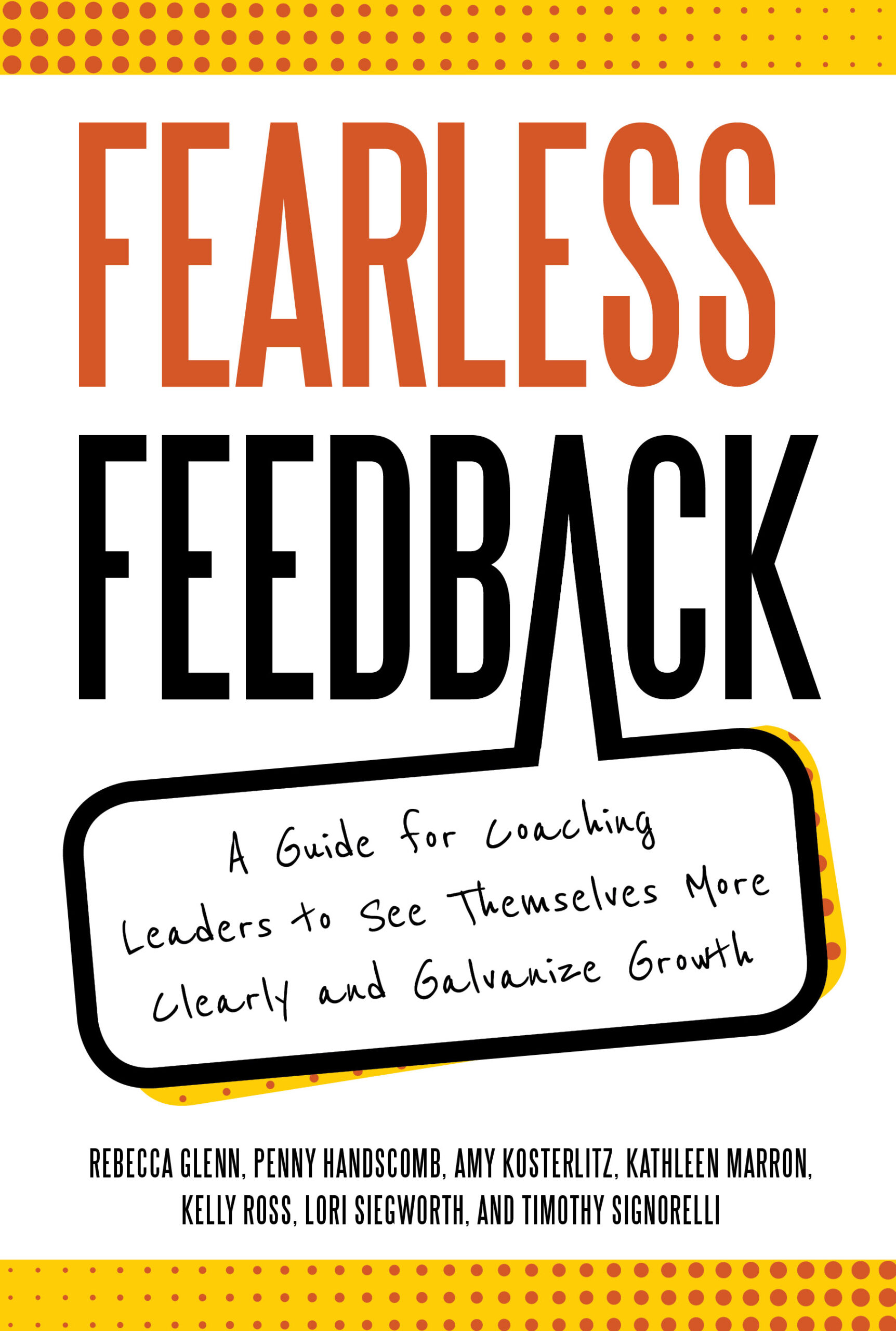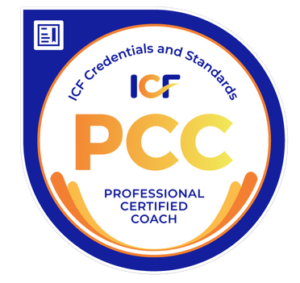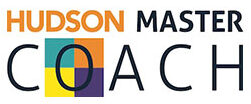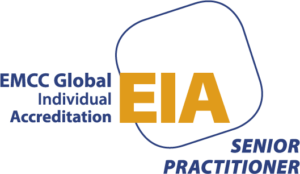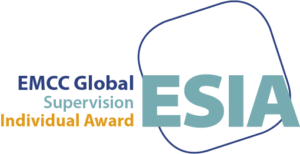I met with Sam*, one of my coaching clients, to discuss a 360 assessment she took as part of her MBA program. She is smart, ambitious, and at a point where she is reflecting on where she wants to go next in her career. As is sometimes the case with coaching clients, something other than the 360 assessment was top of mind for her during our conversation. She talked about
13
Aug 2015
What Makes an Expat Successful?
September 2009: I was in the midst of massive change. I had just moved to Chicago from Singapore to start graduate school at Northwestern University. I had left full-time employment with McKinsey after nearly ten years to be a full-time student and I returned to living in the U.S. after more than six years abroad. I looked and sounded like everyone around me but didn’t feel like I fit in.
In my experience, many teams and organizational leaders are not thinking enough about how to cultivate their talent or are depending too much on formal training programs. My work as a learning strategist helps teams and organizations identify the skill that needs to be built or behavior that needs to change that will lead to greater success. Change is hard and not everyone learns in the same way. As I
I’m often asked to help teams work better. I’ve discovered that team building means many things, so I start by asking the potential client some questions: How will we know the team building session has been a success? Why are you looking to have a team building session now? Clients often start the conversation by asking if I can run a session with a specific tool or assessment, such as
Bob* is a construction supervisor. His organization selected him to be part of a leadership development program that includes leadership coaching. Bob selected me to be his coach after our fit conversation, an initial conversation to get to know one another a bit and talk about what coaching is and is not and how we would potentially work together. I asked Bob what was important to him in a coach,
21
Jun 2015
Using Assessments in Coaching
There are a range of views on whether assessments are helpful in coaching engagements and when to use them, and there are more assessments out there than can be counted. Some coaches start every engagement with one or more assessments and others avoid assessments completely. Organizations also vary in their view of assessment tools. What’s my view? I do not think there is not a one-size-fits-all magic tool for all
12
Jun 2015
Be Real. Define Happy. Keep Your Rockstars.
While explaining what I do recently, I realized most of my work in leadership development and talent management boils down to helping clients (individuals and organizations) be real, define their happy and keep their rockstars. What do I mean by that? Be real. Much of my coaching work is with leaders and others who are making some sort of change. It might be a leader in a new


